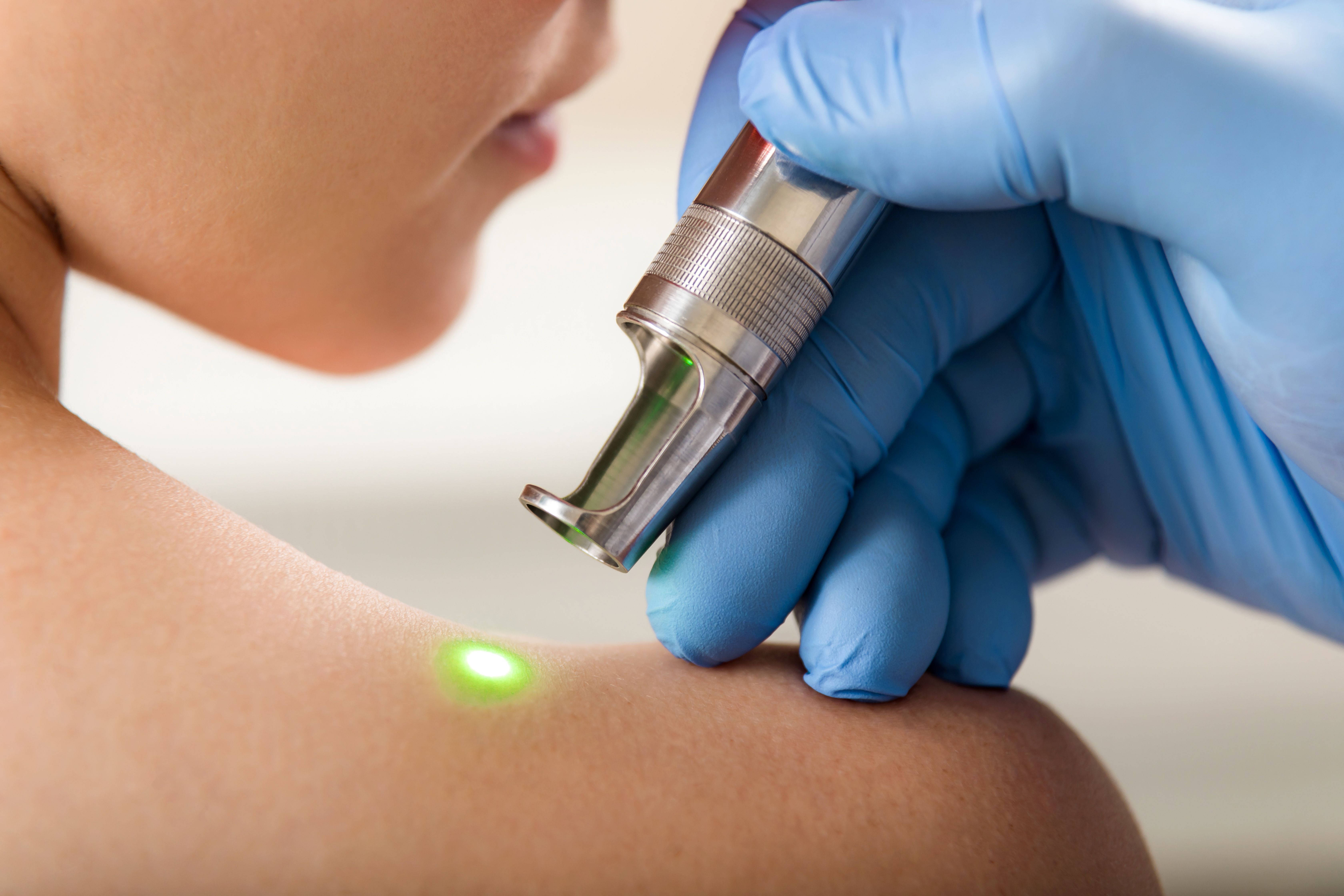- Acne
- Actinic Keratosis
- Aesthetics
- Alopecia
- Atopic Dermatitis
- Buy-and-Bill
- COVID-19
- Case-Based Roundtable
- Chronic Hand Eczema
- Drug Watch
- Eczema
- General Dermatology
- Hidradenitis Suppurativa
- Melasma
- NP and PA
- Pediatric Dermatology
- Pigmentary Disorders
- Practice Management
- Precision Medicine and Biologics
- Prurigo Nodularis
- Psoriasis
- Psoriatic Arthritis
- Rare Disease
- Rosacea
- Skin Cancer
- Vitiligo
- Wound Care
Article
Ron Reagan pleads for support for stem cell research
Stem cell research is among the "one or two paradigm-changing medical breakthroughs" that may occur in a lifetime, and it's vitally needed to bring hope to millions, says Ron Reagan, son of the late President Ronald Reagan. Mr. Reagan addressed the Friday morning plenary session at the American Academy of Dermatology's Academy '06, couching in impassioned and often stinging political commentary his plea for support for stem cell research.
Stem cell research is among the "one or two paradigm-changing medical breakthroughs" that may occur in a lifetime, and it's vitally needed to bring hope to millions, says Ron Reagan, son of the late President Ronald Reagan.Mr. Reagan addressed the Friday morning plenary session at the American Academy of Dermatology's Academy '06, couching in impassioned and often stinging political commentary his plea for support for stem cell research.
The will of the majority - who would support such research - "is being thwarted by an influential minority" while "millions of people continue to suffer," says Mr. Reagan, whose father died in 2004 after suffering from Alzheimer's disease. Politicians are "misrepresenting science for their own ends" and engaging in "dubious moral posturing," he charges. Less than two weeks ago, President Bush vetoed on moral grounds a bill that would have expanded federal funding for embryonic stem cell research, contending that such research, using surplus embryos from in vitro fertilization (IVF) clinics, involves the destruction of human life.
Proponents say the cells have the potential to heal severe illnesses and injuries.
Mr. Bush was joined at the White House by children created from "adopted" frozen embryos, in a ceremony Mr. Reagan calls "a warm and guilt-inducing tableau" that clouds the fact that fewer than 130 of some 400,000 such embryos have become children - while most of the rest are slated for destruction.
"The vast majority of some half a million surplus embryos in IVF clinics will be tossed into a Dumpster," Mr. Reagan says. To use such embryos for research is apparently "murder," he says, while "throwing them out with the trash is - spring cleaning."
Nearly six in 10 Americans disapprove of Mr. Bush's decision to veto the bill, although most believe he did so on principle, according to a just-released Gallup poll.
Meanwhile, states and private institutions are stepping into the funding gap, Mr. Reagan says. Harvard University and the Massachusetts Institute of Technology, for instance, have launched stem cell research labs with private money.The politically charged issue is clouded with misrepresentation and misunderstanding, Mr. Reagan says. In a stem cell lab, no sperm is involved in the creation of the cells. The stem cells formed are "far more useful for medical research" and pose less risk of tissue rejection, he says.
But while the humanity of embryonic stem cells is in dispute, "what is indisputable is the full humanity of the people who are in need "living, breathing, feeling, suffering," Mr. Reagan says.
"The stem cell issue is about more than a medical breakthrough; this is a reflection of what kind of nation we are. "We don't do a very good job of looking after one another, and we need to do better."
"What we do for one another, we do for ourselves," Mr. Reagan says. "All that is needed is that we try. Please, just try."
Newsletter
Like what you’re reading? Subscribe to Dermatology Times for weekly updates on therapies, innovations, and real-world practice tips.















